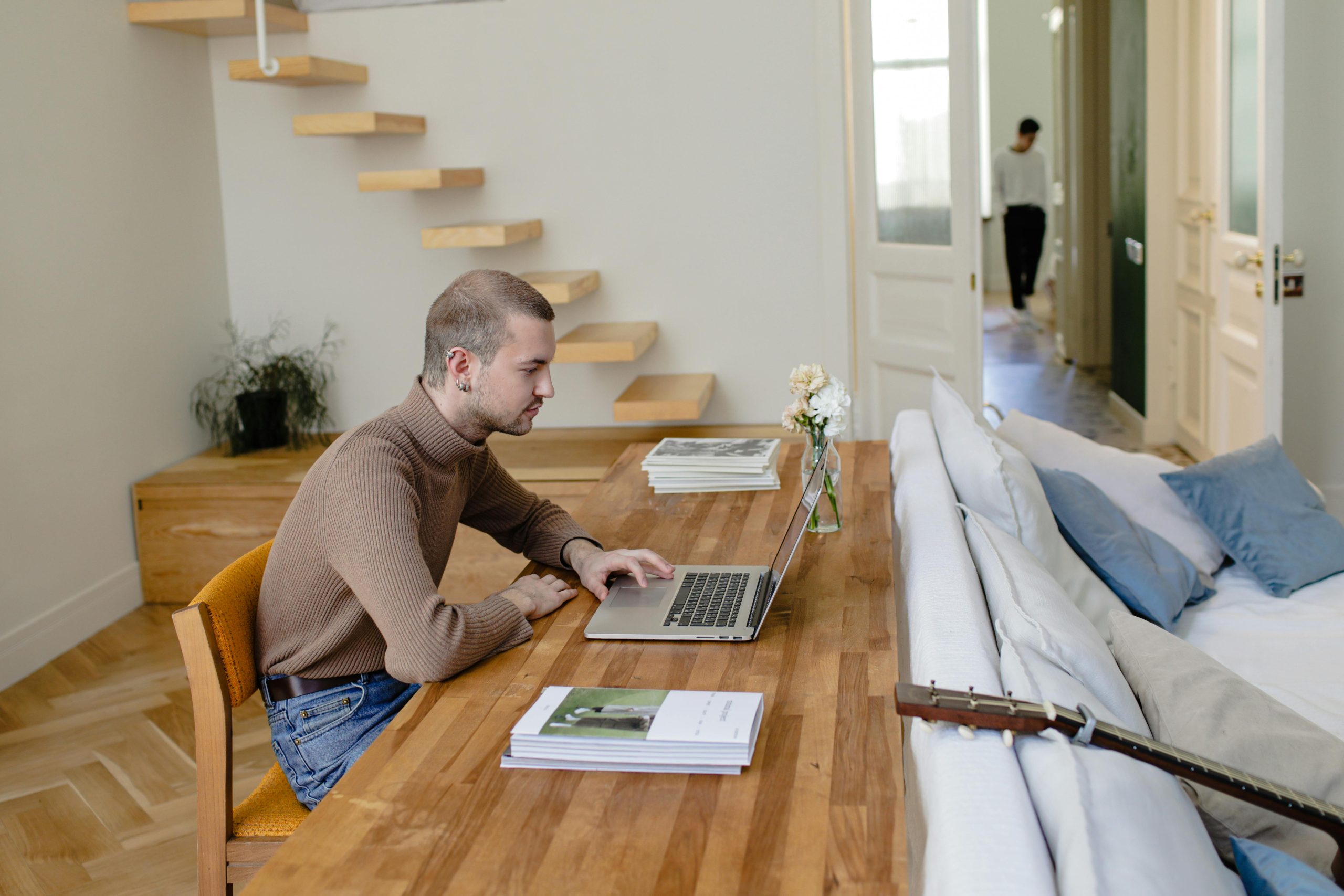Working from home offers flexibility and comfort, but without the right strategies, it can quickly become chaotic. Distractions, blurred boundaries between work and personal life, and a lack of structure can derail productivity. Staying organized is the key to maintaining efficiency and balance. Whether you’re new to remote work or a seasoned professional, these proven tips will help you stay on track and make the most of your workday.
Create a Dedicated Workspace
One of the biggest challenges of working from home is separating work from personal life. A dedicated workspace helps establish boundaries and signals to your brain that it’s time to focus.
Choose the Right Location
Pick a quiet, well-lit area with minimal distractions. Avoid working from your bed or couch, as these spaces are associated with relaxation rather than productivity. If possible, set up a desk in a spare room or a corner of your living space.
Keep It Clutter-Free
A tidy workspace reduces stress and improves focus. Keep only essential items on your desk, such as your laptop, notebook, and a pen. Use organizers or drawers to store paperwork and supplies.
Personalize Your Space
Add elements that inspire productivity, such as a motivational quote, a plant, or a vision board. A comfortable chair and proper lighting can also make a big difference in your work experience.
Establish a Daily Routine
Without the structure of an office environment, it’s easy to fall into irregular work habits. A consistent routine keeps you disciplined and ensures you accomplish your tasks efficiently.
Set a Fixed Schedule
Start and end your workday at the same time each day. This helps create a clear separation between work and personal time. Use a planner or digital calendar to block out work hours, breaks, and meetings.
Prioritize Your Tasks
Begin each day by listing your top priorities. Use the Eisenhower Matrix to categorize tasks into urgent, important, and non-essential activities. Focus on high-priority items first to maximize productivity.
Take Regular Breaks
Working nonstop leads to burnout. Follow the Pomodoro Technique—work for 25 minutes, then take a 5-minute break. Stand up, stretch, or take a short walk to recharge.
Use Digital Tools for Organization
Technology can be a game-changer for remote workers. The right tools streamline tasks, improve collaboration, and keep you organized.
Task Management Apps
Apps like Trello, Asana, or Todoist help you track projects, deadlines, and to-do lists. Break tasks into smaller steps and set reminders to stay on top of your workload.
Time-Tracking Software
Tools like RescueTime or Toggl monitor how you spend your work hours. Analyzing this data helps identify time-wasting activities and improve efficiency.
Cloud Storage Solutions
Keep files organized and accessible with platforms like Google Drive or Dropbox. Create folders for different projects and label them clearly for easy retrieval.
Minimize Distractions
Home environments are full of potential interruptions, from household chores to social media. Staying focused requires proactive measures.
Set Boundaries with Family or Housemates
Communicate your work schedule to those you live with. Use a “do not disturb” sign or noise-canceling headphones to signal when you need uninterrupted time.
Limit Social Media Use
Apps like Freedom or StayFocusd block distracting websites during work hours. Alternatively, keep your phone in another room to resist the temptation to scroll.
Batch Similar Tasks
Group related activities, such as checking emails or making phone calls, into designated time blocks. This reduces context-switching and improves focus.
Maintain Work-Life Balance
When your home doubles as your office, it’s easy to overwork. Protecting your personal time is essential for long-term productivity and well-being.
Log Off at a Set Time
Just as you start work at a fixed time, end it consistently. Shut down your computer and step away from your workspace to mentally transition out of work mode.
Schedule Personal Activities
Make time for hobbies, exercise, and socializing. Treat these commitments with the same importance as work tasks to ensure a balanced lifestyle.
Practice Self-Care
Prioritize sleep, healthy meals, and relaxation. A well-rested mind is more productive and creative.
Staying organized while working from home requires intention and discipline, but the rewards are worth it. By creating a dedicated workspace, establishing a routine, leveraging digital tools, minimizing distractions, and maintaining work-life balance, you can boost productivity and enjoy the flexibility of remote work. Implement these strategies consistently, and you’ll find yourself working more efficiently—and happily—from the comfort of your home.
